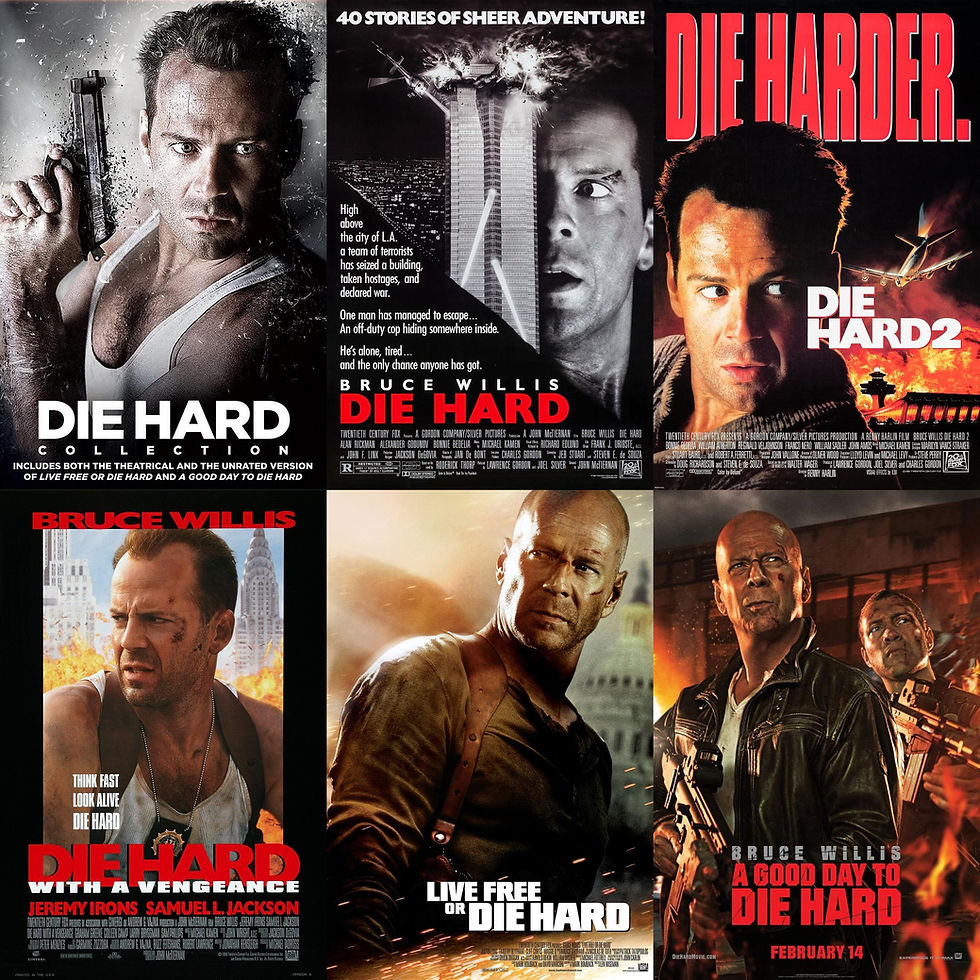Between Laughter and Pain: A Review of Faiz Ouma’s One-Man Performance
- I'fusion

- Jun 4, 2025
- 4 min read
Updated: Aug 30, 2025
Ouma Faiz is an already up and still rising actor in Kenya. As he likes to say, his acting career began on Netflix with the series Volume, which had its undeniable shortcomings — but he stood out nonetheless. Just this past weekend, he invited us to witness his genius in the theatre space, where he’d prepared a daring one-man show titled It's Such a Good Time.
The guts on this man — or maybe it’s just unshakable self-belief. Sure, he had a team to support him, but for the most part, this was all him. His conviction is what got him here. I mean, a one-man show? That’s no small feat. Why would anyone do that?
The thing with a one-man show is, you’re all alone on that stage, with only your elements to work with. One slip, one moment of distraction, and you’re out of character — and there’s no one to cue you back in or cover for you. It’s raw and vulnerable, with every pair of eyes locked on you.
That said, I did catch a few moments where Faiz drifted out of character — but it wasn’t jarring. It’s like he realized he could just play himself, and honestly, that worked. He’s an interesting person as is. Besides, the performance was deeply personal, drawn from his real-life experiences.
Within this show, he opened up about the struggles he faced during a time when Kenya's population first revered him in 2023, following his Netflix debut in Sincerely Daisy and Volume. He spoke of deep-rooted family feuds, dysfunction, and trauma — the kind of burdens that chip away at your personhood and ripple through generations. During this time, he survived being put on a pedestal while facing public scrutiny only by clinging to some coping mechanisms; a little drugs here, and the love of a woman.

I won’t try to retell his story, lest I misrepresent it. But here’s the thing: you never really know what someone is going through. If Faiz ever does a rerun of this show, I’d urge you to go. It felt more like an autobiography than a scripted play — little to no fiction. Just him, laid bare.
When I first sat in the theatre, I wasn’t sure if I was there for a play or a stand-up set. You know how comedians open up about their lives or those around them, and even when it’s sad, it may still tickle because we’re all just coming to terms with human nature and life ah! At first, I laughed. However, it soon became apparent that I was being fed so much to laugh about, but with a little less to smile of. It got heavier — from “Oh my Faiz, you’re so funny” to “I’m not sure how to feel about this,” and eventually, “Wow, that got dark.”
It was personal. Faiz mentioned friends by name — mostly fellow creatives — and shared stories involving them. I found that a bit tricky. What if some people in the crowd didn’t know who he was talking about? Would they miss the context — or worse, miss the joke? That said, I'd say he understood his audience. The room was filled with people from Nairobi’s creative scene.
Still, it raises a question: what about the others, the people who just came for a show but aren’t part of the scene?
There was something else I found interesting. While the show flirted with the style of stand-up, it was ultimately a theatrical piece. They blended in voiceovers to drive the narrative — a proper cheat code, honestly — and during those moments, Faiz performed interpretive dances across the stage. The pain in those dances was palpable. Maybe that was the point — to illustrate the chaos in his mind after a bitter life discovery. Still, I found it easier to follow the voiceovers and his voice than to track him visually. Looking around, I think many others felt the same.
And let me just say — the sound engineering, including Faiz’s own vocal presence (yes, his larynx!), held this show together beautifully. Which brings me to this bold suggestion: Faiz and his team should consider venturing into radio dramas. He mentioned wanting to do more theatre productions — and that’s amazing — but he also has a wide fan base across Kenya and possibly beyond. If his voice alone can move people the way it did, why not reach even more of us through audio storytelling? Geek Speak Radio is right here, and we’d love to go on that journey with Faiz and his team.
Whew! All that said, congratulations to Faiz and everyone involved in the show. He touched on fatherhood, education, religion, addiction, trauma — all of it, and more — in the rawest way possible. In that moment, Faiz Ouma was the most honest person in the room, and he displayed pure artistry.
Rachael Wamucii is an artist at heart. She boldly delves into the world of nature’s expression, whether in theatre and film, dance and music, or through poetry and essays, as well as bike riding and stunts. A student of Finance, and a member of YPEACE, a youth-led organization fostering peace through community programs, she uses her platform to advocate for social justice, climate action, and cultural preservation.
Her previous works include a raw take on the slow fade of capitalism, where she argues that the shift away from capitalism as we know it is inevitable.
















Comments